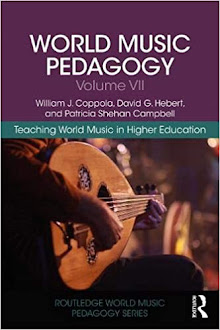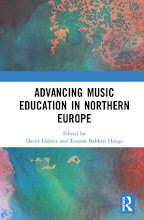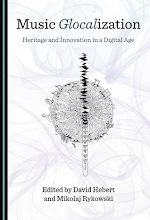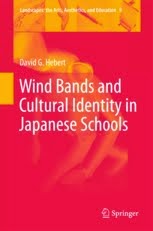As the latest technologies of communication and transportation increasingly seem to make the world a smaller place, the challenges posed by cultural diversity, and threats to global cultural heritage, have become more widely recognized in education and across society at large. Appreciation of the need to foster deeper awareness of activities in other parts of the world has even inspired the development of new fields of study. “Global Studies” is a recently emerging interdisciplinary field that seeks to examine an array of human challenges from a transnational perspective. Such topics as migration, ethnicity, transculturality, nationalism, and globalization can be most fruitfully explored from an interdisciplinary position. “Global Education” is an allied field that seeks to determine how such a global perspective can enhance the effectiveness and relevance of learning within all levels and forms of education.
12/6/15
Global Studies
As the latest technologies of communication and transportation increasingly seem to make the world a smaller place, the challenges posed by cultural diversity, and threats to global cultural heritage, have become more widely recognized in education and across society at large. Appreciation of the need to foster deeper awareness of activities in other parts of the world has even inspired the development of new fields of study. “Global Studies” is a recently emerging interdisciplinary field that seeks to examine an array of human challenges from a transnational perspective. Such topics as migration, ethnicity, transculturality, nationalism, and globalization can be most fruitfully explored from an interdisciplinary position. “Global Education” is an allied field that seeks to determine how such a global perspective can enhance the effectiveness and relevance of learning within all levels and forms of education.
While still primarily interested in music, I am currently at
work on the editing of two contracted books that contribute in various ways to
the broader aims of global studies and global education. One is called Translation, Education and Innovation in Japanese and Korean Societies (Springer,
forthcoming, 2016), and the other is Music
Glocalization: Heritage and Innovation in a Digital Age (Cambridge
Scholars, forthcoming, 2016). Some of the work on these books will be completed
over the coming weeks in Beijing, where I will also be planning development of the
Open Global Music Academy in collaboration with music professors at China
Conservatory and other institutions. Having worked for universities on five
continents, I am able to draw on some unique and challenging experiences in efforts
to produce meaningful intercultural comparisons and insights regarding social
institutions, potentially with relevance not only for music specialists, but
also those in other fields. It will be exciting to see how these books may be
used by professors and students across various subjects in the humanities and
social sciences, and whether they also help to inspire a broader perspective
among specialists in music education and musicology.
The image displayed above is a photo I took of part of Registan
during my visit to Samarkand, Uzbekistan a few months ago to give a keynote
speech for the Sharq Taronalari Festival's musicology symposium. To me, it is symbolic of the many
beautiful contributions to global heritage to be found in the Middle East and
Central Asia, regions that tend to be very little understood in other parts of
the world.
Subscribe to:
Post Comments (Atom)





















No comments:
Post a Comment